In this article:
- Stories of regret from post-abortive parents
- Stories of former abortionists
- 5 post-abortion support groups
Grief After Abortion
In Planned Parenthood’s 2020-2021 Annual Report, the organization reports that it performed 383,460 abortions during that fiscal year. That’s almost 30,000 more abortions than in the previous fiscal year.
For those of us who understand that abortion takes the life of an innocent child each time, those statistics make our hearts ache. Yet we also understand that we are not the only ones who ache. The baby’s mother and father often also grieve the loss of their baby.

In 2020 Michael New, associate scholar at the Charlotte Lozier Institute, addressed the flaws in a recent Turnaway study that reported that few women regret their decision to abort their baby. He pointed out that “less than 38 percent of the women they asked actually agreed to take part in the study.” He writes: “It seems likely that the women who made themselves available for the study might have had either a higher level of decisional certainty or fewer moral qualms about obtaining an abortion, skewing the results.”
New continues:
The Turnaway study tracked study participants over a five-year time period. Over time, a significant percentage of the women who originally agreed to participate either could no longer be contacted or refused to answer follow-up surveys. The new Social Science and Medicine article tries to downplay this fact, stating that 71 percent of the women completed an interview in the final two years of the study. However, a 2017 article in JAMA Psychiatry that used Turnaway-study data indicated that only 58.4 percent of participants had responded to a survey five years after it began. This information further skews the results, as it is likely that women who disappeared from the survey were experiencing more psychological suffering than women who responded.
Regardless of the exact numbers, abortion regret is real. And though mainstream media likes to highlight groups that encourage women to proudly shout their abortion and to parade the women who say they are better off because of it, we cannot deny the facts. Abortion hurts both men and women more than we can imagine.
Those who regret their abortions often experience guilt, shame, grief, anxiety, depression, a negative self-worth, drug and alcohol addiction, suicidal thoughts, and more. But they can find healing. They can find forgiveness—from God and from themselves.
Parents Share Stories of Grief
In 2020, Georgette Forney, cofounder of the Silent No More Awareness Campaign, testified about abortion regret before the House Energy and Commerce Health Subcommittee. In her testimony, she spoke about the abortion she had at 16 and about the fact that abortion advocates like to claim that abortion is a simple procedure. But she said, in contrast, “abortion erodes our hearts.” She went on to say:
There are millions of women—and men, and families—attending programs designed specifically to address the pain their abortions generated. So many report nightmares, depression, suicidal feelings, attempts—and some accomplish it—eating disorders, addictions, sexual dysfunction, and most common a low sense of self-esteem.
These are the reasons she cofounded the Silent No More Awareness Campaign. She knows all too well the stories of grieving moms and dads. She doesn’t want women or men to suffer alone. And she wants to help facilitate the healing so desperately needed by parents who regret having abortions.
Abortion regret stories are too numerous to count. But they are real, and they are heartbreaking.
For instance, an anonymous woman from Brooklyn wrote her abortion regret story on Abort73, an organization that shares abortion stories. In her testimony, she said that she was 21 and in college when she became pregnant. She and her boyfriend felt that they would have no support if they had a baby. They were embarrassed to find themselves expecting. So they went to Planned Parenthood for the abortion. She wrote, “As soon as we stepped in, I literally felt disgusting. I will never forget the coldness of the clinic, how literally lifeless it felt. You’re told how they support women in crisis pregnancies, and yet I felt no support.” She continued, “I carry my abortion story with shame. It is a pain that I have never known, and I would never wish it on my biggest enemy…. I’ve asked my baby to please forgive me because I can’t forgive myself.”
Fathers feel guilt too. A man named Mike wrote in an online forum that his girlfriend had an abortion over 50 years ago and that he carried that pain with him all that time until he finally asked forgiveness:
I carried this weight in my heart and soul as she [the mother] did…. This is my story about guilt, sorrow, forgiveness, unconditional love, hope, never giving up in finding somebody and divine intervention that is nothing short of a miracle in connecting us after 50 years. It’s a testament of how abortion, even after 50 years, can have a lasting effect.
Another woman wrote about her abortion in 2020, saying she didn’t feel she was ready for a baby. But she now regrets it:
I feel sorrow, guilt, regret, and embarrassment. I feel like I’m incorrect for feeling sad about this when I was the one who chose what I thought was best for me at the time. I’m having a hard time, not necessarily forgiving myself, but allowing myself to grieve. I find it hard to allow myself to be hurt by something I chose.
I don’t have a normal story like others where they aren’t stable, don’t have a loving husband, the money to support the baby, etc. I have all of those. I am married to the love of my life; we live on our own and have a steady income. I just didn’t feel ready. Now, I find that so selfish—like a failure to my baby to let my selfishness get in the way of its beautiful life. I feel grief for doing this to my husband. I feel so extremely terrible, I have forgiven myself, but I have not gotten over the grief.
A Colorado man confessed his abortion story, saying that his wife told him she had aborted their baby early on in their relationship. He had not known she was pregnant. He said, “I had no idea I could weep that much for someone I never knew.”
And then there are chilling testimonies like this one on the Abortion Changes You website, where the reader keenly feels the self-loathing and the pain:
Why did I make this mistake five times? No matter what I do, [no] matter how much “healing” I strive for, I remain the person who made this terrible mistake FIVE TIMES. I do not want to be this person, but there is no solution. I don’t like living, because every day I know what I did, but I’m afraid to die because where are the souls of the children I killed, and what are they thinking and planning for me? Maybe they’ll get the privilege of casting me into Hell. They deserve it.
Sometimes, as in the case of this young woman, regret does not always surface right away. As she stated: “Honestly [I] didn’t feel different after [the abortion] and I thought I was a bad person for not feeling any sort of sympathy towards it. But as I went on it started coming back and it has been a lot harder now it’s had time to sink in. At this time I’m feeling quite empty and regretful.”
This is the case for countless post-abortive parents. They may feel relieved or even nothing after the abortion. But then reality sets in weeks, months, or even years later. Many of them feel they have nowhere to turn. But there are organizations that want to help.
They can even help those who commit the abortion.
Abortion Hurts the Abortionist Too
Committing abortions often takes a toll on the men and women in that profession. Day after day they facilitate death. They see pain the moms’ eyes. They see tears. Or they see the callousness of their own behavior or that of their coworkers.
Sometimes, as in the case of Dr. Bernard Nathanson, it takes the reality of an ultrasound to understand that abortion kills a baby. Nathanson became pro-life and then created a video of an actual abortion called The Silent Scream so that he could show the world the reality of abortion.
Anthony Levatino performed abortions as part of his OB/GYN practice. He did so because he thought he was helping women. It was only after the tragic loss of his daughter that he came to the realization that he was destroying children and throwing them away. Levatino now speaks about the horrors of abortion.
Dr. Patti Giebink is an OB/GYN who performed abortions and worked full time at Planned Parenthood. She said it was the hand of God that helped get her out of the abortion business. She is now a pro-life advocate and has written a book about her conversion.
Dr. George Flesh wrote about how he left the abortion business, saying:
Depression clouded my office on days when I had an abortion scheduled. My pulse raced after giving the local anesthetic…. Anxiety attacks, complete with nausea, palpitations and dizziness, began to strike me in some social situations. In public, I felt I was on trial, or perhaps should have been. I no longer was proud to be a physician. Arriving home from work to the embrace of my kids, I felt undeserving that God had blessed me with their smiling faces. The morning shave became an ordeal, as I stared at the sad face in the mirror and wondered how all those awards and diplomas had produced an angel of death.
Through the grace of God, these doctors were able to see the evil in their actions. They were able to see the humanity of the preborn baby. And they were able to become a voice for the many voiceless they killed as they work to protect those in danger of abortion.
Healing Is Possible: Get Help After Abortion
If you have aborted your baby and you regret it, please know that you are loved. You are worthy. Our God is merciful. He knows your pain. And He is waiting for you with arms stretched wide, hoping you will return to Him. He forgives you, and He wants you to forgive yourself.
It can be a long and lonely road to travel alone. That’s why there are many resources to help you heal and find peace after abortion.
- Rachel’s Vineyard offers weekend healing retreats and post-abortion counseling to heal both mothers and fathers. According to its website: “Participants, who have been trapped in anger toward themselves or others, experience forgiveness. Peace is found. Lives are restored. A sense of hope and meaning for the future is finally re-discovered.”
- The Sisters of Life offer healing for women. They “vow to protect and enhance the sacredness of every human life” by praying, fasting, and serving others. Their goal is to uphold the dignity of each person and to help post-abortive women heal. They do this by meeting the women in person and on the phone, and then later on retreats or during monthly gatherings and days of prayer.
- PATH—or Post Abortion Treatment and Healing—is a community of people who offer healing to both men and women after abortion.
- Entering Canaan Ministry ministers to women, men, and even siblings as they work to heal from the pain of abortion.
- The Silent No More Awareness Campaign offers healing by allowing people to share their abortion stories and receive and offer support to others.
Individual dioceses also offer healing services, so check your local parishes for in-person or online groups to join.
Final Thoughts
God is love. And God loves you. We are not defined by our sins. But we can learn from them and grow in compassion for others. If you regret having an abortion or regret encouraging or coercing someone—a child or a wife—into having an abortion, understand that there is forgiveness.
Contact one of these groups or a group in your area. Talk about your abortion. Ask forgiveness. God will help you find peace.
Consider sharing this article on social media, so that others in need of healing can find God’s love.
Susan Ciancio has a BA in psychology and a BA in sociology from the University of Notre Dame, with an MA in liberal studies from Indiana University. Since 2003, she has worked as a professional editor and writer, editing both fiction and nonfiction books, magazine articles, blogs, educational lessons, professional materials, and website content. Fourteen of those years have been in the pro-life sector. Currently Susan writes weekly for HLI, edits for American Life League, and is the editor of its Celebrate Life Magazine. She also serves as executive editor for the Culture of Life Studies Program, an educational nonprofit program for k-12 students.


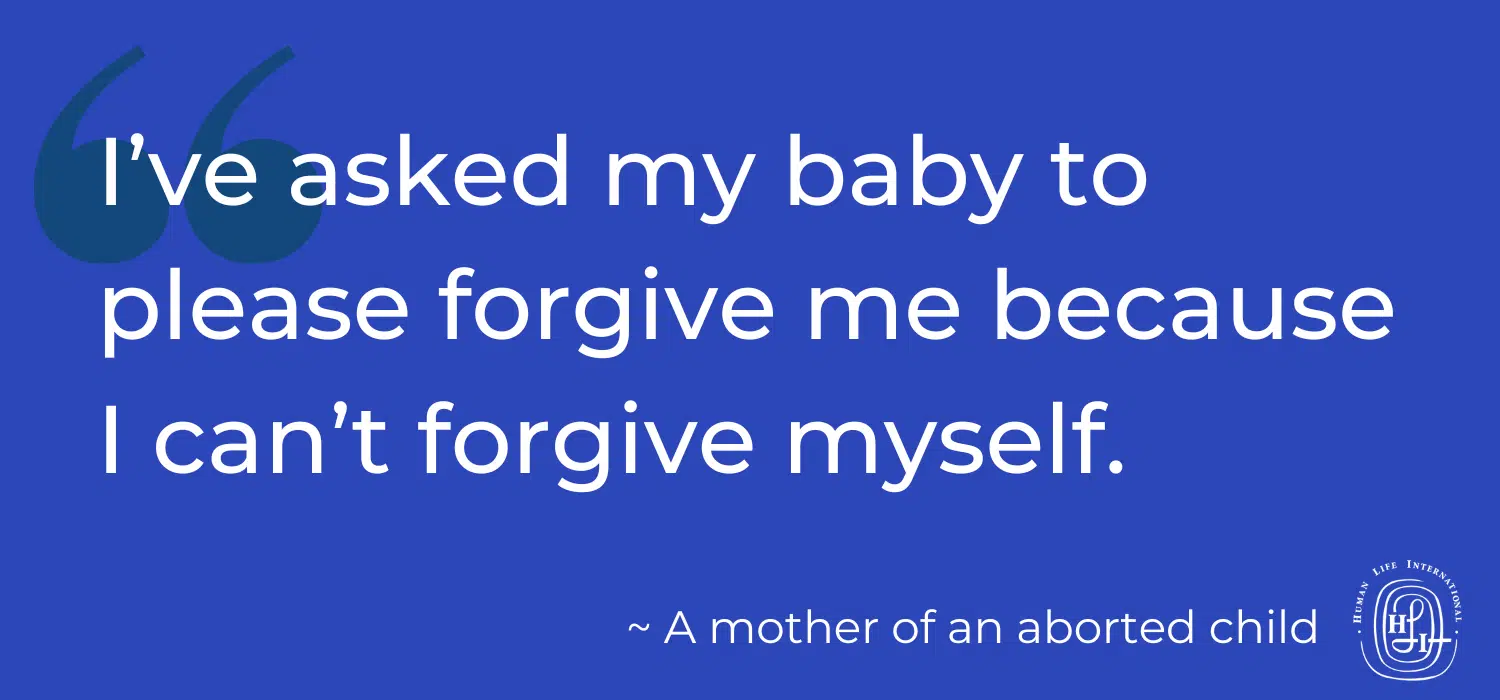
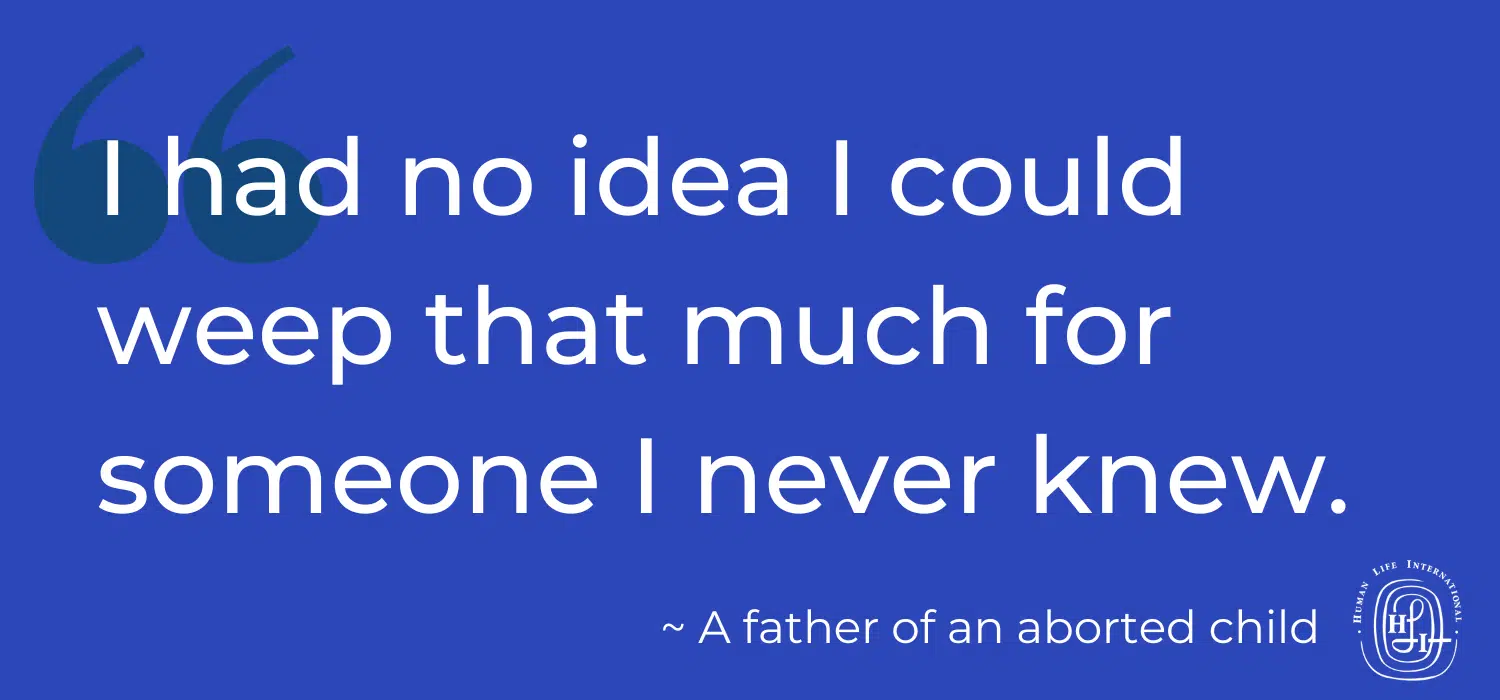
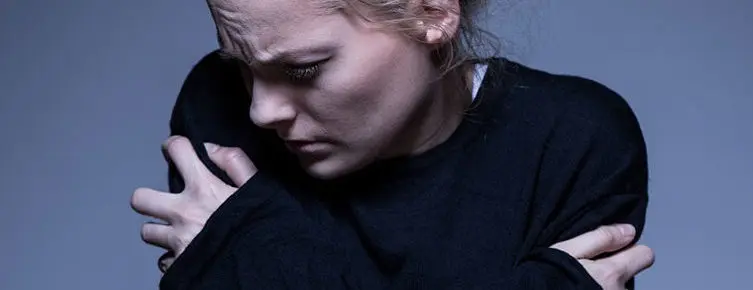
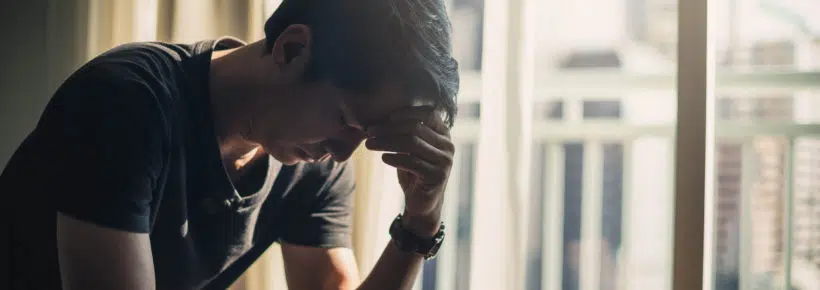
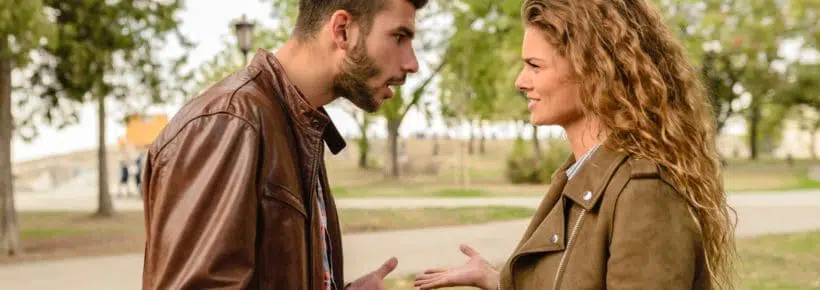
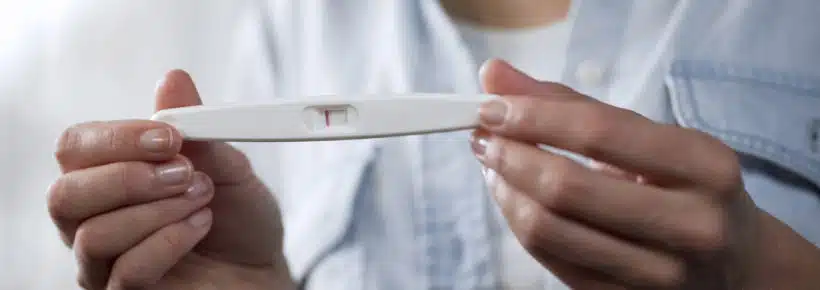
Beautiful. It brought tears to my eyes. My sister had an abortion and didn’t tell anyone until years later. I still grieve the nephew or niece I lost. My sister has forgiven herself but it took a long time and it wasn’t easy. she went to a Rachels vineyard retreat twice and they helped. but it was the love of family that finally helped her forgive herself. people, forgive your daughters. tell them there is help. show them the help spoken about here. Talk of God’s love.